Moringa (scientific name: Moringa oleifera Lam.) is a plant of the Moringa family Moringa, arbor, 3-12 meters high; the bark is cork; the branches have obvious lenticels and leaf scars, and the twigs are pubescent. The leaves are usually 3-pinnately compound, 25-60 cm long, with linear or clavicle-like slightly curved glands at the base of the pinna. The inflorescences are widely spread, 10-30 cm long. Capsule slender, 3 ribs per petal; seeds subglobose. The flowering period is throughout the year, and the fruiting period is June-December.
Native to India, widely planted in various tropical regions. It is cultivated in Guangdong and Taiwan and other places in China, and is often planted next to villages and gardens; there are also wild ones, which are produced in Niuwei Mountain, Sanya, and are born in miscellaneous forests.
Moringa is cultivated as an ornamental tree in tropical and subtropical regions, and also has certain economic value. Its seeds can purify water and produce edible oil (also valuable in paint and cosmetics manufacturing); Moringa leaves are China’s new national food resource, and its roots are also edible.
In 2007, a scientist from the Department of Chemistry of Pakistan Agricultural University summarized the various medicinal functions of Moringa oleifera. He believes that Moringa provides abundant and rare nutrients such as zeatin, quercetin, beta-sitosterol, caffeoylquinic acid and kaempferol. Various parts of this plant such as leaves, roots, seeds, bark, fruits, flowers and immature pods can be used as medicine, are stimulants of the heart and circulatory system, have anti-tumor, antipyretic, anti-epileptic, anti-inflammatory , antiulcer, antispasmodic, diuretic, antihypertensive, cholesterol lowering, antioxidant, hypoglycemic, hepatoprotective, antibacterial and antifungal functions. A variety of enzymes in Moringa are involved in metabolism, which can maintain the normal functions of the heart, kidneys, muscles, and nerves, as well as resist oxidation and change the ecology of bacterial flora.
Studies have shown that Moringa oleifera leaves are rich in protein (the dry leaf crude protein content is 27.0% to 30.3%), and Moringa oleifera leaf extracts are rich in amino acid types, with a total of 19 kinds, including glutamic acid, aspartic acid, and threonine. Acid, valine, and alanine are high in content. At the same time, Moringa leaves are rich in a variety of minerals, vitamins, unsaturated fatty acids, glycosides and polyphenolic compounds, sterols, alkaloids and other small molecular active substances. Moringa leaves have antioxidant, antibacterial, antiviral, anti-inflammatory, hypoglycemic, blood-lowering, blood-pressure-lowering, anti-tumor, liver-protecting, kidney-improving functions, inhibiting DNA oxidative damage, regulating gut microbes, and anti-ulcer. biological activity. Pharmacological effects Moringa oleifera leaf extract has the effects of lowering blood sugar, anti-oxidation, repairing islet cells, etc., and has anti-diabetic effects. Uses Research in recent years has found that Moringa oleifera leaf extract has antibacterial effects. The antibacterial activity of Moringa oleifera leaf extract was studied by in vitro antibacterial assay. The results of the study showed that the acetone extract of Moringa oleifera leaves at a concentration of 5mg/ml had antibacterial activity against 5 kinds of bacteria, namely Escherichia coli, Staphylococcus aureus, Proteus, Enterobacter cloacae and Micrococcus spp. Species of bacteria had no antibacterial effect, namely Pseudomonas aeruginosa, Bacillus, Klebsiella pneumoniae, Bacillus cereus and Streptococcus faecalis, and the water extract had no antibacterial activity at a concentration of 5 mg/ml. In addition, the water extract and acetone extract of Moringa oleifera have no antibacterial activity against fungi such as Candida albicans and Aspergillus flavus.
The efficacy and benefits of Moringa oleifera
Moringa powder contains protein and amino acids, which can supplement nutrition for the human body, promote the synthesis of immunoglobulin, enhance the immunity of the body, and help the human body to prevent and resist diseases. Moringa, an alkaloid, contained in Moringa powder is a strong bactericidal substance with antibacterial effect. Moringa powder can provide the human body with a large amount of vitamin C, vitamin A, vitamin E and minerals (iron, potassium, calcium, copper, zinc, magnesium, manganese) and protein, quinine, saponins, yellow
Different types of active plant ingredients exist such as ketones, tannins, sterols, glycosides, oils, etc. It has a strong antioxidant effect, helps the liver to remove free radicals, delays the aging of liver cells, enhances the detoxification function of liver cells, and also has the effect of relieving alcohol and protecting the liver. Anti-inflammatory, analgesic, swelling, detoxification, anti-cancer, expelling cold, expelling rheumatism, lowering blood pressure, lowering blood sugar; used for hypertension, diabetes, hypoglycemia, gastric cancer, esophageal cancer, colon cancer, lung cancer, breast cancer, uterine cancer , Skin cancer, abdominal pain, feeling of stomach, eye conjunctivitis, toothache, twisted tendon, scald, swelling and ulcer embolism.
(1) Moringa has a certain medicinal value. Moringa root and Moringa bark are both traditional medicinal raw materials and contain a variety of effective biologically active ingredients. In traditional medicine, it has a good therapeutic effect on malaria, typhoid fever, diabetes, etc. In addition, Moringa can also promote lactation and enhance the baby’s own immunity. Among them, Moringa raw materials are also commonly used in cardiotonic and contraceptives.
(2) The young leaves and pods of Moringa oleifera are rich in nutrients and are non-toxic and suitable for consumption. In developing countries, Moringa is used to improve child malnutrition.
Frequently Asked Questions about Moringa:
- What are the benefits of Moringa Powder?
Moringa powder can be used to protect tissues (liver, kidney, heart and lungs) and reduce pain. Antioxidants help protect cells from free radicals, which are produced by digesting food, smoking, and exposure to radiation. Antioxidants from plant-based sources such as moringa powder are considered the best.
- What happens when you drink Moringa powder every say?
What happens when you drink Moringa every day? Eating Moringa every day may moderately lower blood sugar and cholesterol levels. Moringa leaves are nutritious and can be consumed daily and have been shown to be very beneficial for people who are deficient in essential nutrients.
- What are the side effects of Moringa?
– Lower blood pressure and heart rate due to alkaloids in plants.
– Moringa bark causes uterine contractions.
– Cellular mutations caused by chemicals isolated from roasted Moringa seeds.
– Interfere with fertility.
– Stomach upset, gas, or diarrhea from laxatives.
- Is Moringa Good for Joint Pain?
Different parts of Moringa have been traditionally used to treat a wide variety of ailments, including arthritis and joint pain.
Xi’an Herb Bio is a professional supplier of natural ingredient, able to provide customers with a wide variety of products to meet your needs. Friends who are interested in Moringa powder, please click the link below to contact us for more relevant information.
Need Moringa Powder? Please contact Xi’an Herb Bio!

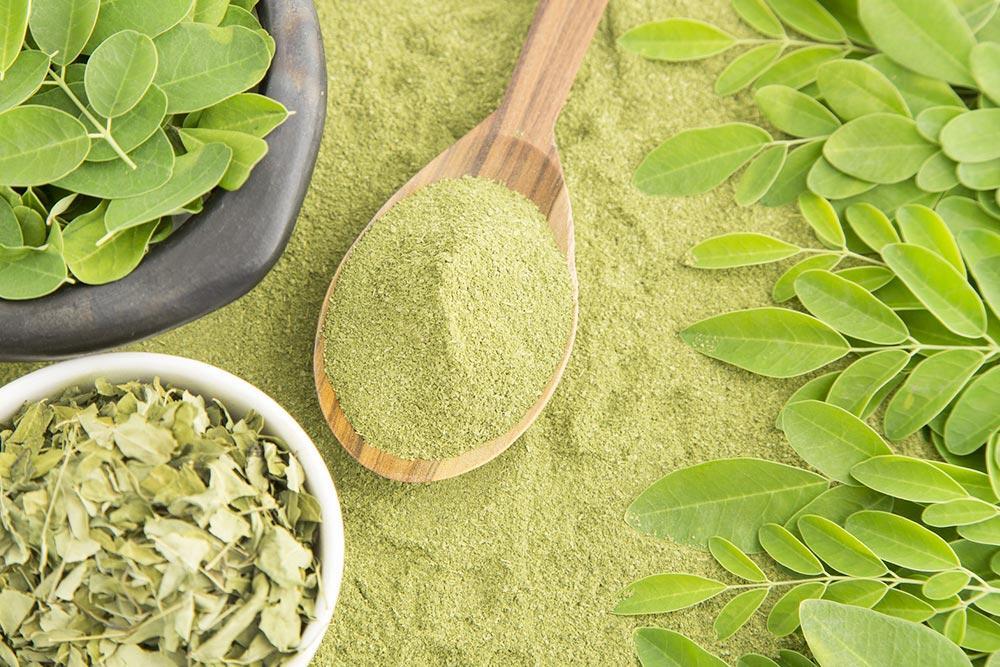
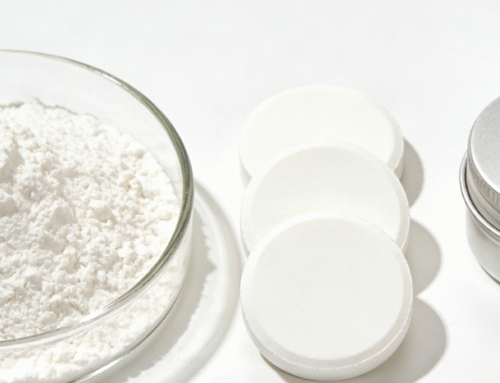
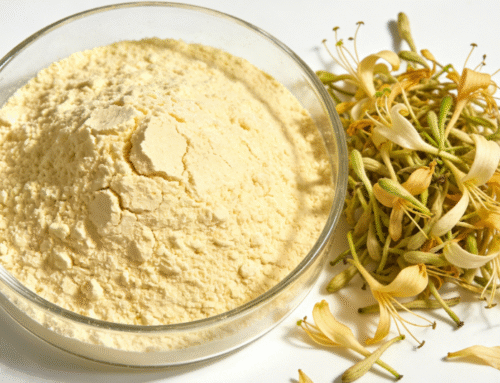
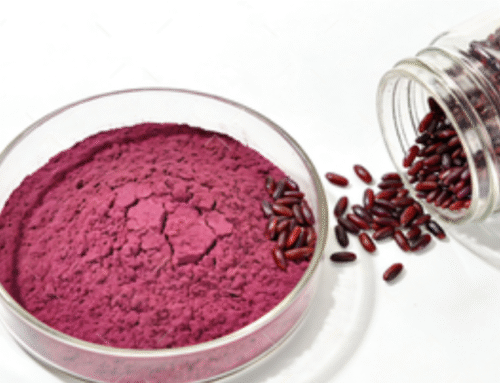
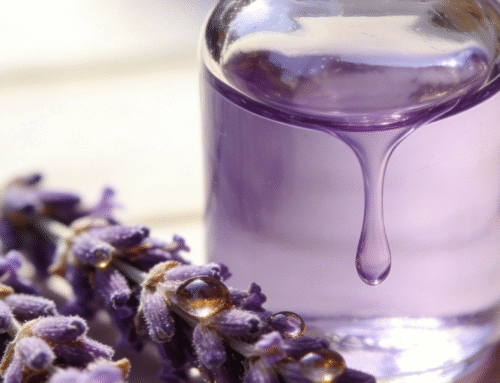
Leave A Comment